Branding for the independent artist
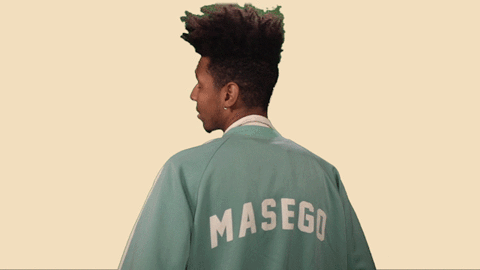
Branding has become a word that is synonymous with career trajectory and entrepreneurship. Everyone has a brand, whether they know it or not. It’s crafted by the things we wear, how we carry ourselves, how we interact with others, in every post to our social networks, and so forth.
Everything you do that can be seen, heard, or felt by others establishes your brand as a person or business. In short, your brand is what other people think of when they hear or see anything that relates to you, such as your name, logo, or product. From an individual standpoint, others’ opinions of you may not affect you, but as a music artist, your brand can make or break your career.
Many independent artists do not consider their brand when creating and sharing content. This is why many talented people never really get started with their careers. Below, you will learn the importance of branding and some tips on how to create a brand that will help you stand out.
“I know rappers that call Paparazzi to come and get ’em, to show they outfits off/Guess they need the attention/ I remember when it used to be music that did it/But then again times have changed/Man, who are we kiddin’?” -Drake
In his song 6 PM in New York Drake reflects on the days past when musical talent was the way to get the people’s attention and not headlines.
Your brand is your promise
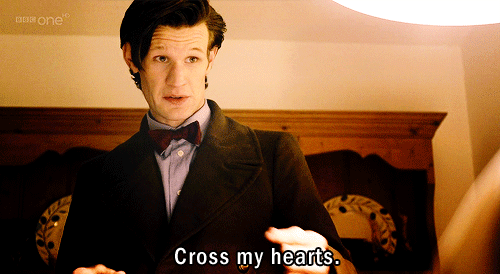
Maybe there was once a magical time when artists were recognized solely by their talent, but those days are far behind us. In fact, back in 2012, Pitbull said that the music business was “90 percent business and 10 percent talent” (Hypebeast). For indie artists especially, this means splitting your attention between creating high-quality content and being a business savvy CEO. One part on the business end of the indie artist’s responsibility is actively managing your brand. As stated above, your brand is essentially how others view you. However, as an artist/CEO, you should view your brand as a promise to your fans/followers. When you order a burger from Wendy’s, you’re expecting a “hot and juicy” square patty. Why? Because it’s what they promised you would get when you order from the restaurant. What is your brand currently saying about you? What are you promising people?
Scroll through your fan page. Are the photos of you of a professional quality? Is the music you uploaded complete down to the mixing and mastering? Are your videos shot with a high-quality camera? Professional grade content is essential because you’re competing against the artists you hear on the radio and see on TV. Your fans are used to high-quality material, so if you’re not promising the same, your brand is suffering.
How consistent are you in uploading and sharing new content? Are you active on your social networks? Do you have a presence online, and if not, are you actively growing it? Put yourself in the shoes of your fans and ask yourself, “would I buy from me?” Few fans will support someone who produces content here and there; many people want some form of consistency.
Who is seeing your brand? Are they likely to listen to your music? Who is your target audience? Where is your music available? What about your performances? Are you on the scene in your city? Are you going to showcases and events so that the players in your city know you exist?
All of these and more will play a major role in your branding method. Here are a few tips to consider when building your brand.
Create a persona

This is a highly effective method that will help you reach your target audience through appeal. There are two ways you can go about this.
- On a sheet of paper, write a list of personality traits of people who would likely listen to your music. Is your audience likely to be black, white, Hispanic, or mixed? Are they male or female? What are their occupations? What other artists would they likely listen to? What social networks do they use? The more questions you answer about your audience, the better you can focus your marketing efforts and even create music that would appeal to them more.
- Create a persona that you want your brand to embody. What do you talk about the most in your content? Are you a lyricist, or do you use a lot of harmonies? Is the content moody or uplifting? Depending on your answers, you can appear in pictures or frequent places where similar personalities visit. Warning—it is better to create a brand persona that closely reflects your real one. It will be more genuine to your branding efforts. You will get tired of talking about birds if you’re really interested in dogs.
Have a strategy

Instead of releasing a song as soon as you record it, stack it until you have a good group of high-quality songs. Plan to drop a certain amount every month, say three, for example. This month, the three songs you choose have a subject matter focusing on love, loss, and aspiration. Since you know this in advance, you can utilize one of the several online tools, such as Buffer, to automate tweets, Facebook posts, or Instagram pics based on the subject of each of the songs. Prior to the release of your love song, you could automate tweets asking your followers whether or not they have ever experienced true love. Invite conversations on your social media outlets and release the track to those active in the conversation. This will bring a lot of attention to your products and brand if done correctly. Use questions to spark debates or polls to get as many followers involved as possible.
There are many strategies to build a positive brand image. Social media is a powerful tool, but don’t forget the power of face-to-face interaction. Frequenting places where your fans and other artists are will build wonders for your brand and help get you noticed in your city. If you found this article helpful, please like and share with your social networks. If you have any questions or wish to add comments, please leave a comment below and get the conversation started.

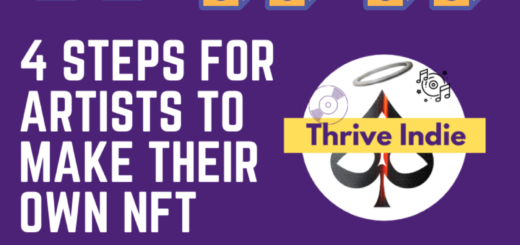
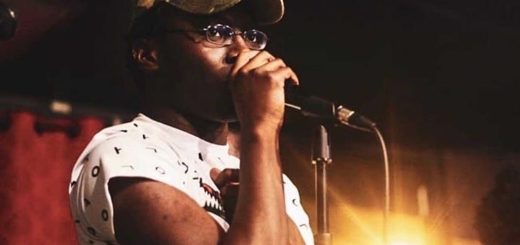
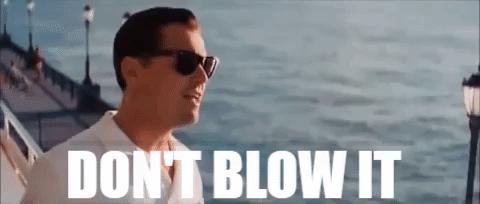
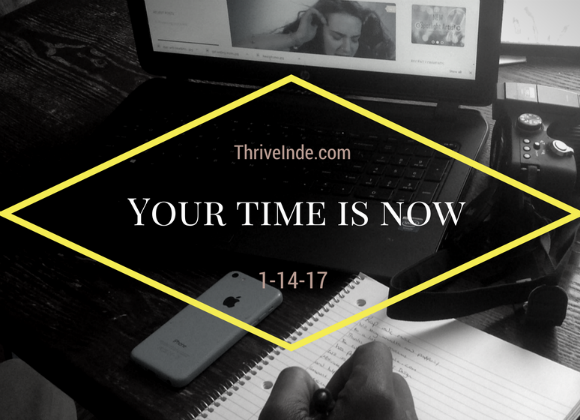


Recent Comments